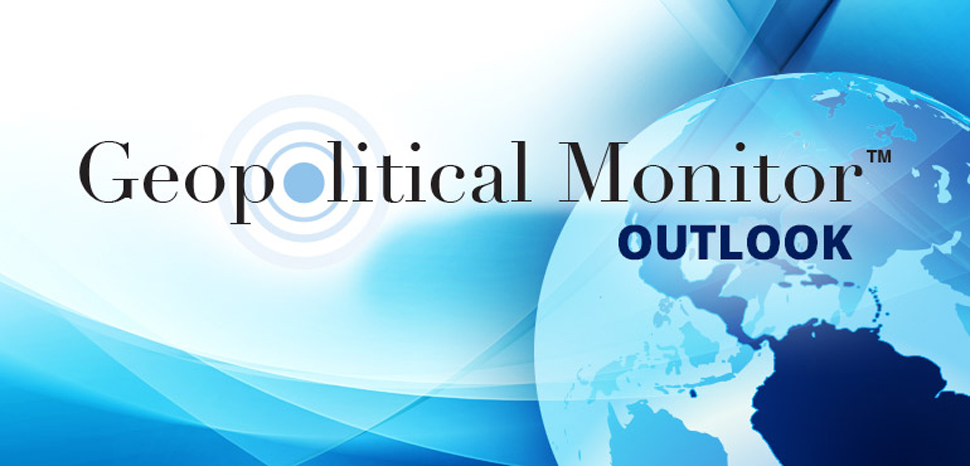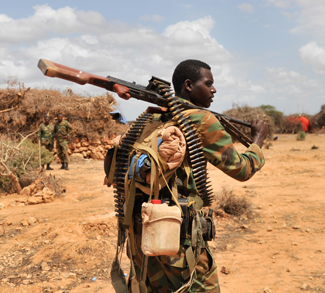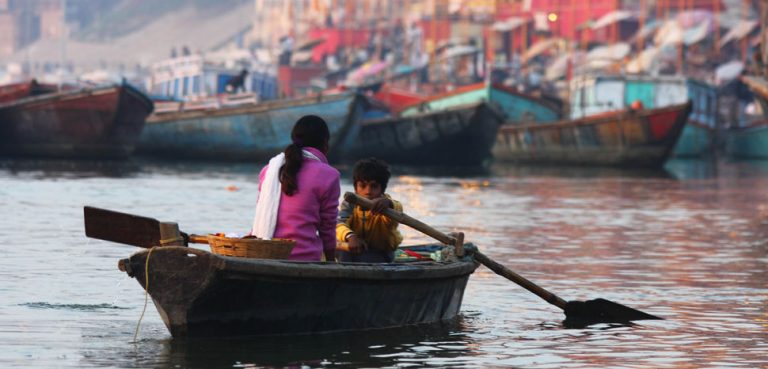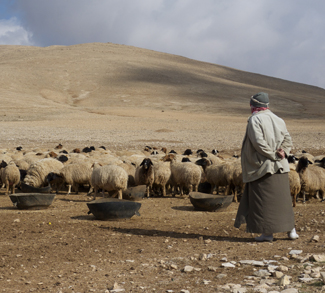Drought can be a geopolitical game-changer, and as the climate continues to warm, we can expect increased disruptions in food production, forced migration, and even violent conflict over dwindling resources.
Weather doesn’t discriminate between rich and poor countries, but its impact can vary depending on a government’s ability to respond to it. In a developed state, drought can alter economic output, swing elections, and create friction between various interests and industries, all of which are vying for what’s left in the reservoirs (think of the pro and anti-almond PR war in California). In an underdeveloped state, drought can be the first step toward humanitarian disaster: people are forced from their homes, putting added resource stresses on the populations that receive them, sometimes resulting in violence and persecution; disease spreads as people turn to dirty and polluted water sources; and weak state institutions are stretched to the limit as the government struggles to respond. It’s an environment in which terrorist and criminal networks thrive, and although top-level security analysts seldom manage to connect the dots, drought can be the beginning of a process that ends in international piracy or terrorist insurgency (think Somali piracy in the Gulf of Aden or the rise of Boko Haram in Nigeria’s increasingly arid Borno State).
Here are some of the major droughts that are expected to persist in 2018:




